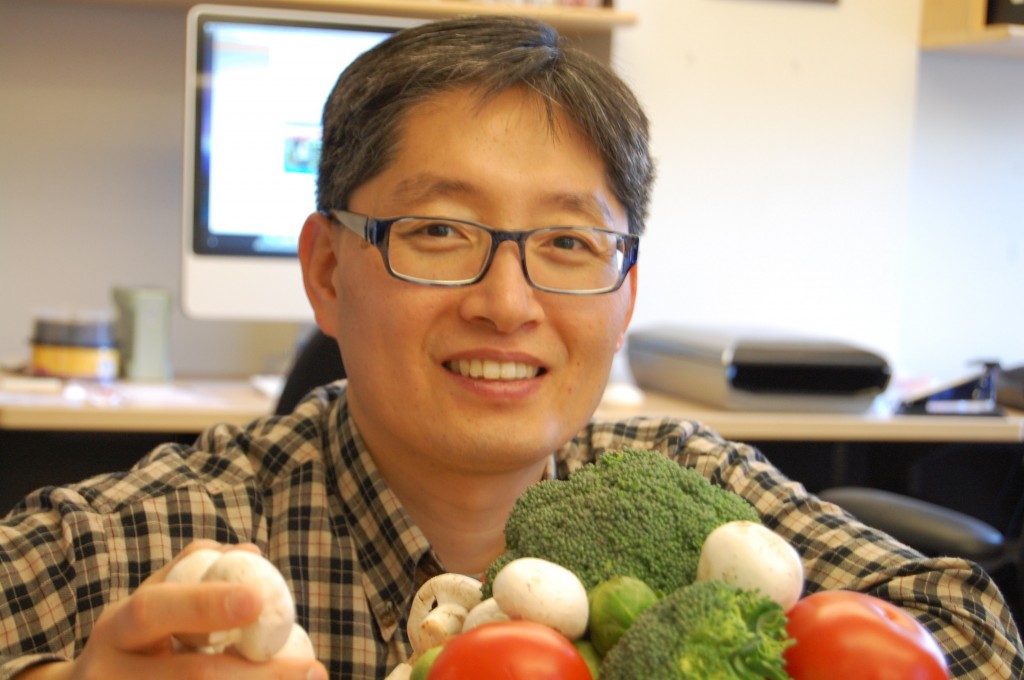If we all ate what we should and exercised, we’d be healthier. There’s no shortage of warnings that tell us we’re digging our own graves by eating foods rich in fat and sugar, the kind we’ll devour in abundance over the holidays.
In the past, a lack of nutritional information is what kept us on a crooked road. But that’s no excuse anymore. Probably the most visible and very public example is the federal government’s healthy eating guide ”Canada’s Food Guide ” which offers clear advice, including eating seven to 10 servings of vegetables and fruit a day.
But research by University of Guelph marketing and consumer studies Prof. Sunghwan Yi is showing taste, above all, is what drives fruit and vegetable consumption. It’s not as big of a concern with fruit. But some vegetables simply don’t taste what people consider to be good. They might be bitter or, they might have what Yi calls an “unattractive†taste.
To him, increasing vegetable intake will require the agricultural sector to work hard to overcome the widespread perception that some vegetables are not tasty and are difficult to prepare. To that end, with support from the Ontario Ministry of Agriculture, Food and Rural Affairs, he’s assembled a team that includes a consumer psychologist, a marketing researcher and a nutritional researcher to investigate perceptions of taste and preparation difficulty among Ontario consumers.
I write about his team’s work in my Urban Cowboy column in today’s Guelph Mercury.



